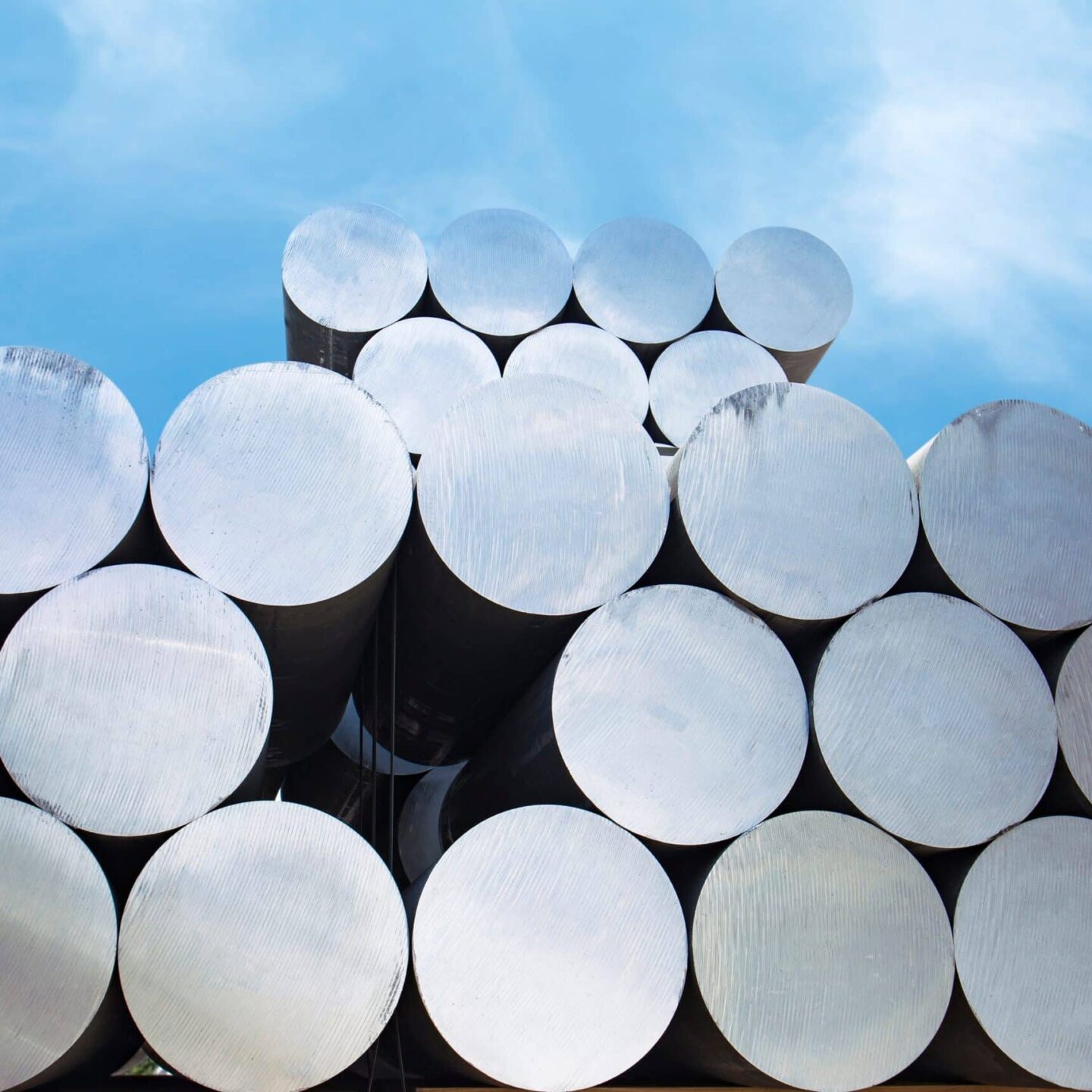- The Global Beverage Can Circularity Alliance (GBCCA) aims to achieve 100% recycling of aluminium beverage cans by 2050, with an interim goal of 80% by 2030, with technology innovations serving as one key driver.
- The GBCCA is hosting the Investment and Technology Spotlight Session at Climate Week NYC to showcase breakthrough innovations.
- The featured technologies, including robotics, AI, user-friendly deposit return systems (DRS), and at home recycling equipment are designed to bridge recycling gaps wherever they exist globally.
At Climate Week NYC, the Global Beverage Can Circularity Alliance (GBCCA) will reaffirm its goal of achieving close to 100% recycling of aluminium beverage cans by 2050, with an interim goal of 80% global recycling rates by 2030. The GBCCA will outline how technologies can accelerate the transition to a fully circular economy for aluminium beverage cans.
The GBCCA’s Global Advocacy Plan, released in 2024, set out the industry’s vision and pathway to achieving higher recycling rates. With this foundation in place, the focus is now on leveraging technology and investment to deliver measurable progress, particularly in transitioning countries, where policies are not in place to support high recycling rates, recycling systems are not yet fully mature and may apply single stream collection, have low participation rates, or are lacking sorting infrastructure for mixed recyclables. By 2030, more than half of all cans placed on the global market are projected to be sold in these regions.
The GBCCA will host the ‘Investment and Technology Spotlight Session’ as part of the International Aluminium Institute’s event ‘Aluminium in Action: How Beverage Cans Are Closing the Circularity Loop’ During Climate Week NYC. The GBCCA’s session will showcase breakthrough technologies designed to help bridge recycling gaps in transitioning markets, including:
- Robotics and AI systems: How they are capable of extracting aluminium beverage cans from unsorted municipal solid waste streams.
- Material Recovery Facilities (MRFs): How equipment can be deployed to ensure cans that arrive at the facility make their way into the appropriate bale.
- Large-scale deposit return machines: How they can be engineered to handle entire bags of beverage containers at once, making returns faster and more consumer-friendly.
- A next-generation home recycling system: How they can be designed to bring closed-loop recycling directly into households.
These innovations demonstrate how industry leadership and investment can accelerate progress towards circularity even in regions where government ambitions remain limited.
Marlen Bertram, Director Scenarios and Forecasts at the International Aluminium Institute, said: “Aluminium is uniquely positioned to drive decarbonisation through recycling, and aluminium cans have significantly more circularity potential than glass bottles or plastic containers. Therefore, by investing in and deploying advanced technologies we can support aluminium in contributing to a net-zero future.”
Matanya Horowitz, CTO and founder of AMP, said: “Advanced robotics and AI systems are game-changers for waste management. By autonomously sorting and recovering aluminium cans from municipal waste, we can unlock immense volumes of valuable material that would otherwise be lost. This not only boosts recycling rates but also creates a more efficient, sustainable waste stream.”
Matt Prindiville, CEO, CLYNK, said: “Consumer participation is the heart of any successful recycling system. Our ecosystem is designed to make it easy, fast, and clean for people to do the right thing—dropping entire bags at once, right where they shop. When recycling fits seamlessly into daily life, participation soars and collection rates rise dramatically.”
Aldous Hicks, Founder of Lassoloop Loop Recycling, said: “True circularity begins at home. Next-generation home recycling systems can empower individuals to take an active role in the process. By making closed-loop recycling accessible and easy in every household, we can build a grassroots foundation for a more sustainable future, one recycled can at a time.”
Sarah Pamplona Santos, Senior Project Director at Closed Loop Partners’ Center for the Circular Economy, said: “In the U.S., each year we’re sending more than $1.5B of aluminum cans to landfill. As recycling rates fall, and demand rises – it is urgent we take action. At Closed Loop Partners we invest in communities to increase recycling access, partner with communities to catalyze behavior change, and invest in equipment to increase capture of valuable materials–including used beverage cans. But we know this is a challenge no one group can tackle alone, and are building a platform for industry-wide collaboration.
The IAI’s ‘Aluminium in Action: How Beverage Cans Are Closing the Circularity Loop’ event at Climate Week NYC will explore how the aluminium industry’s commitment to advancing circular solutions in can-to-can recycling is central to supporting the International Energy Agency’s goal of achieving Net Zero by 2050.
“Aluminium cans can be recycled over and over again, but realising their full potential requires innovation as well as policy,” said Marlen Bertram. “These technologies demonstrate how we can move from vision to action, helping countries with transitioning recycling systems to achieve the next level of performance.”
ENDS
About Global Beverage Can Circularity Alliance
The Global Beverage Can Circularity Alliance (GBCCA) is an industry-led coalition established during COP28 to drive recycling solutions across the entire beverage can value chain. Its members include major aluminium producers, beverage can manufacturers, and recycling companies. It is focused on advancing can-to-can recycling as a cornerstone of a net-zero future, with ambitious goals of achieving 100% recycling by 2050 and an interim target of 80% by 2030.





